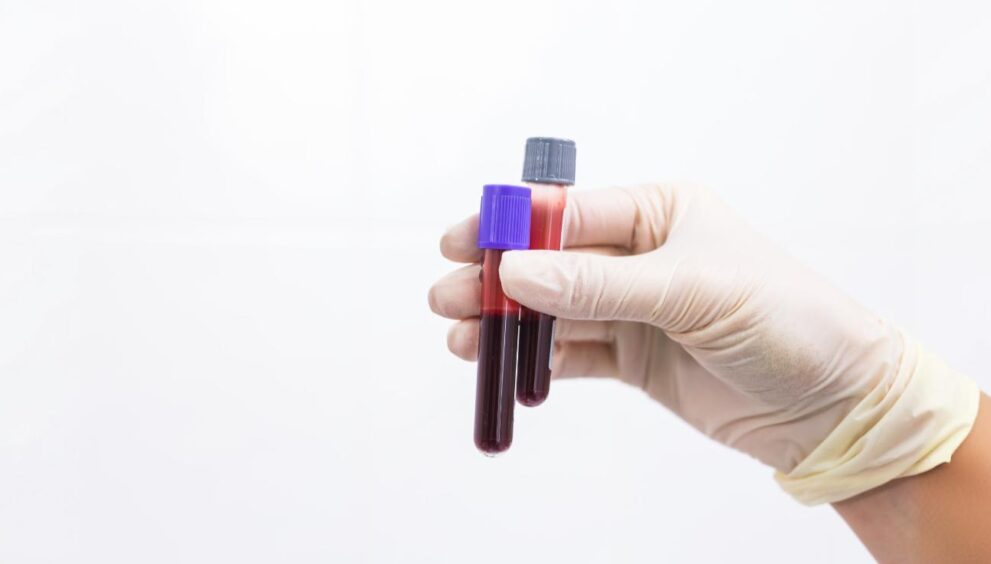Latest
Fact Check: Are A, B and AB blood groups more prone to blood clotting, raising heart attack, stroke risk?
A viral claim links blood types to heart disease—how much of it is true?
Author
Author
- admin / 8 months

- 0
- 3 min read

Author
CLAIM: A, B and AB blood groups are more prone to blood clotting, raising the risk of heart attacks and early strokes
FACT: Misleading. While A, B, and AB blood groups have higher clotting tendencies, their link to heart attacks and strokes is still under investigation, as cardiac risk depends on multiple factors
A YouTube video with over 24 million views claims that certain blood groups are more prone to forming blood clots increasing the risk of early strokes and heart attacks. The video has garnered 1.1 million likes and 11000 comments.
“Multiple researches have found that A, B and AB+ blood groups are blood clotting prone, and thus the chances of heart attack and early strokes is higher for the people having these blood groups,” says the creator. “The antigens present in these blood groups modify the proteins leading to blood clot formation.”
What’s the fact?
First Check spoke with Dr Kanjaksha Ghosh, former Director of National Institute of Immunohematology, ICMR to shine light on it.
“When people have estimated the clotting proteins in AB blood groups, it was found that A and AB has the highest amount of certain clotting protein, A and AB blood groups tend to produce clot easily,” Dr. Ghosh explained, noting this difference is due to varying levels of clotting proteins in the blood.
According to Dr. Ghosh, there are approximately 13 proteins involved in the blood clotting process, creating what he described as “a biological amplification system or a cascade system.”
“The level of these proteins ultimately determines who will be clotting more, who will be clotting less,” he said. “People who have more of these clotting proteins in their blood tend to clot easily.”

The relationship between blood type and clotting has significant clinical implications. “Extensively, studies have shown that when you look at anybody who has thrombosis in the veins, A and AB blood group predominate in terms of a statistical analysis,” Dr Ghosh said.
Blood clotting, according to Dr Ghosh. is “a very fine balance in our body between hemorrhage and thrombosis.”
“Various proteins either promote or inhibit clotting to maintain this critical balance,” he said. “A and AB are clotting blood groups, and B and O are associated with less clotting, mainly because this blood group ultimately determines the level of clotting proteins to some extent.”
Dr Ghosh added that understanding these relationships goes beyond traditional blood type considerations for transfusions, suggesting that blood group proteins likely have “much more deeper biological sense” that researchers are only beginning to comprehend.
As for the claim that A, B, AB groups are more susceptible to heart attacks and strokes, no conclusive evidence supports it.
“People with a non-O blood type (that’s A, B, or AB) are at a higher risk of developing cardiovascular diseases. Exactly why this is remains unknown,” says this article published in Penn Medicine. “There isn’t enough information to move this to the list of risk factors that physicians discuss with their patients like age, cholesterol, nicotine habits, or blood pressure, researchers have said.”
Also read: Does White Coat Syndrome Affect 80% of BP Patients?










